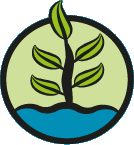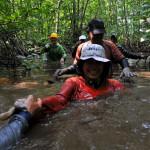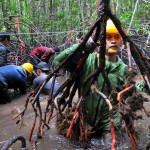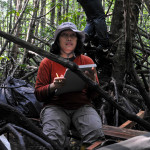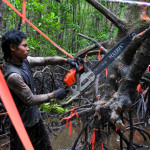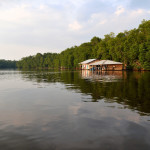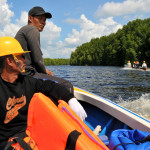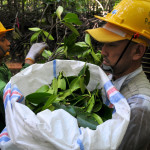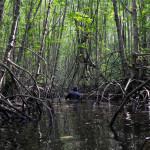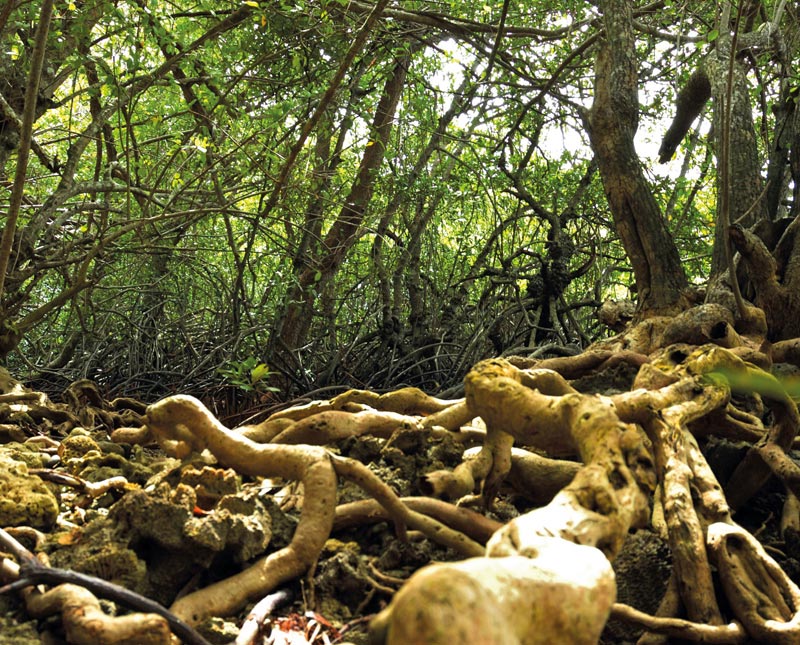
Outcomes & Impacts
Contribution to the IPCC Wetlands Supplement

Peat forests and mangroves are rich in carbon and under threat – and they’re finally getting attention in international climate change processes. CIFOR research and researchers helped make that happen.
The 2006 Intergovernmental Panel on Climate Change (IPCC) Guidelines for National Greenhouse Gas Inventories guide countries in reporting their emissions and removals of greenhouse gases. But the 2006 guidelines had a major gap: wetlands – primarily peatlands and mangroves – had been omitted because there were not enough data of sufficient quality or breadth.
Since then, the body of robust scientific data has grown greatly, thanks to research institutes around the world, including CIFOR.
As data became available, the IPCC initiated a supplement on wetlands. National governments nominated experts to undertake the work, and several CIFOR scientists and associates were included on the author lists. After two years of writing, the Wetlands Supplement was adopted by the world’s governments in October 2013.
Now, countries can include emissions from wetlands in their inventories. The Wetlands Supplement will have the effect of increasing pressure on countries to address agricultural emissions in peatlands and mangroves — valuable forest ecosystems that are being rapidly destroyed.
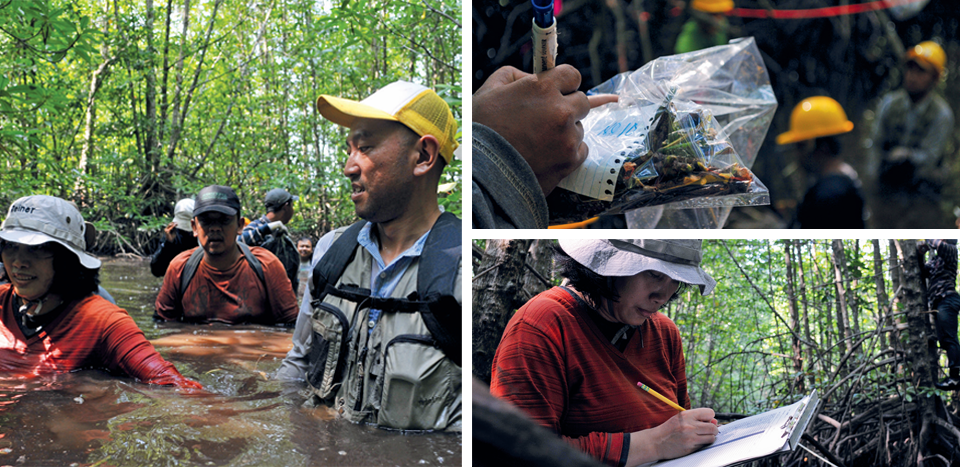
Cifor’s contribution: Expertise And Data
- Two CIFOR scientists were among the 18 coordinating lead authors of the supplement, and another CIFOR scientist and a CIFOR associate were among the lead authors.
- Since 2010, CIFOR scientists have published more than a dozen scientific papers on carbon in tropical wetlands.
- Five of the seven chapters of the Wetlands Supplement cite research by CIFOR scientists and associates.
- CIFOR scientists collaborated with researchers from the World Agroforestry Centre and the Indonesian Soils Research Institute in contributing more than five years of measurements in wetland agricultural systems.
- As part of SWAMP and the Global Comparative Study on REDD+, scientists have been measuring carbon stocks in mangroves across Asia, Latin America and Africa, creating a pan-tropical dataset that is unique in its broad coverage.
SWAMP: Sustainable Wetlands Adaptation and Mitigation Program
SWAMP uses robust scientific approaches, broad collaboration and intensive training to generate knowledge to help manage wetlands sustainably, devise effective climate change strategies and improve local livelihoods. SWAMP has trained more than 200 people in study countries in measuring carbon in wetlands, and has helped inform the IPCC, UNFCCC and countries’ National Communications.
SWAMP is a collaborative effort by CIFOR, the US Forest Service and Oregon State University. It is supported by USAID.
